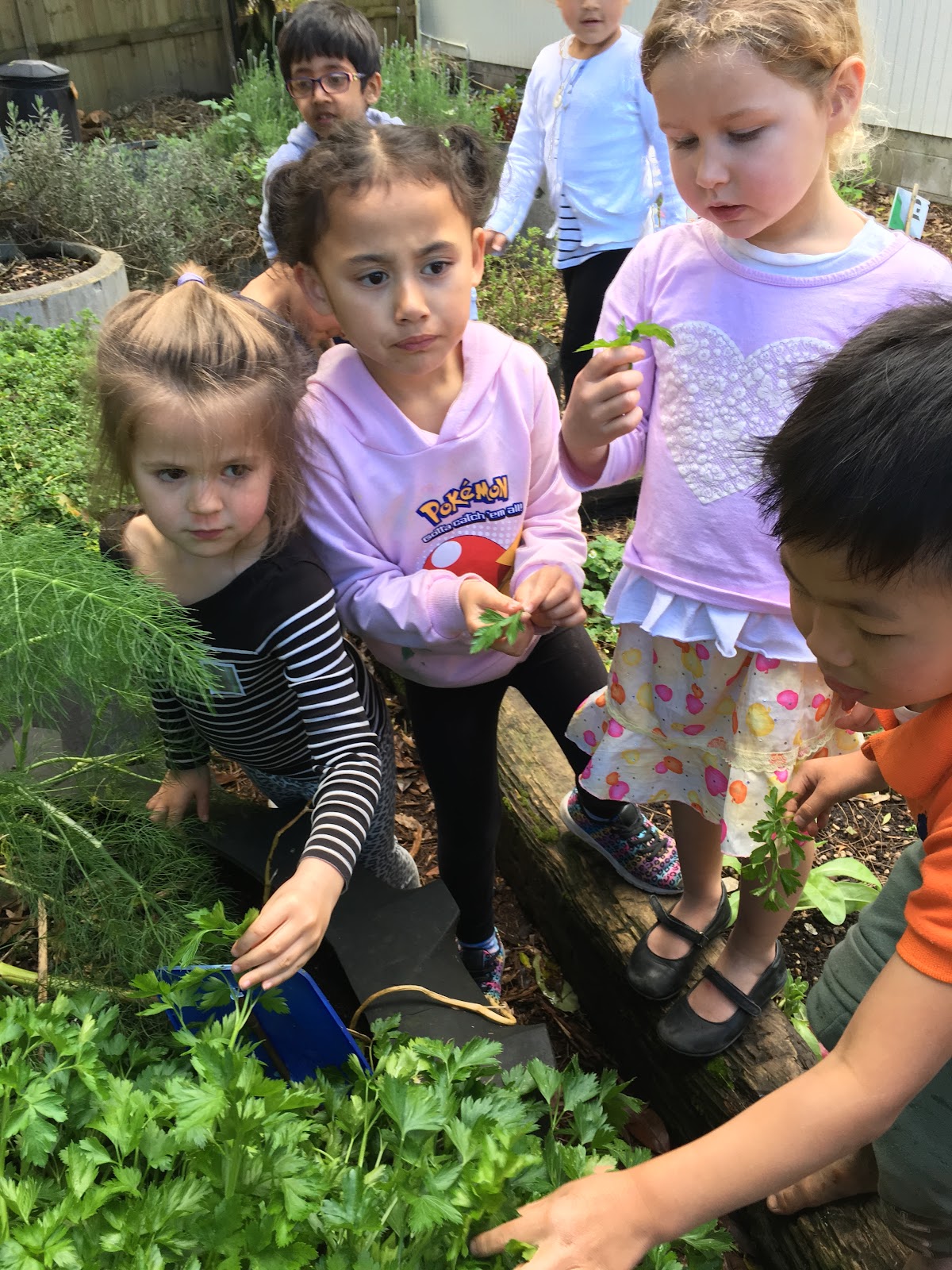In our play based classroom, we provide provocations as a means of stimulating curiosity, wonder, and to facilitate learning.
As a school we have been looking at rejuvenating science.
Science is not about experiments! Science is about trial and error, making and proving (or disproving hypotheses, looking at cause and effect etc. Science is a fun topic to explore with young children
This is an example of a science provocation I did after our discussion at PL about science.
science provocations
The children were engrossed at looking at and discussing the skull, there were all sorts of theories about what it could be, most children concluded it was a dinosaur.
The other aspect of science that is very important with young children, it to develop working theories.
Prof Helen Hedges a well known early years scholar from the University of Auckland, and has written and researched widely on science and young children, and their working theories.
“Working theories are the evolving ideas and understandings that children develop as they use their existing knowledge to try to make sense of new experiences. Children are most likely to generate and refine working theories in learning environments where uncertainty is valued, inquiry is modelled, and making meaning is the goal.
Helen Hedges Working Theories
Helen also discusses how it is important for teachers to avoid "magical" thinking in science, that it is the responsibility of the teachers to have some science understanding in order to support children's thinking, but it is appropriate to research and figure out together - teachers can be learners and ponderers as well.
The last photo shows children exploring the Kitchen Garden.

I was prompted to reflect on my practice when reading a post from Pennie Brownlee
September 1st - the first day of Spring
Of all seasons, Spring seems to me to be the most miraculous. This is the season to get outside and 'just wonder' with the children. "I wonder what will happen to this bud by tomorrow?" "I wonder what is popping out of this bud?" "I wonder what is happening here with this tree?" And you know what? Even if you have been on this planet for DECADES, if you start with "I wonder..." (instead of "I know") this Spring will be as exciting and miraculous as your first. You will be a suitable person to be alongside children as they wonder because wonder is their natural state. If you go out there with your "I know" Teacher Hat on to 'extend' them - poor children. You will kill the wonder.
As a school we have been looking at rejuvenating science.
Science is not about experiments! Science is about trial and error, making and proving (or disproving hypotheses, looking at cause and effect etc. Science is a fun topic to explore with young children
This is an example of a science provocation I did after our discussion at PL about science.
science provocations
The children were engrossed at looking at and discussing the skull, there were all sorts of theories about what it could be, most children concluded it was a dinosaur.
The other aspect of science that is very important with young children, it to develop working theories.
Prof Helen Hedges a well known early years scholar from the University of Auckland, and has written and researched widely on science and young children, and their working theories.
“Working theories are the evolving ideas and understandings that children develop as they use their existing knowledge to try to make sense of new experiences. Children are most likely to generate and refine working theories in learning environments where uncertainty is valued, inquiry is modelled, and making meaning is the goal.
Helen Hedges Working Theories
Helen also discusses how it is important for teachers to avoid "magical" thinking in science, that it is the responsibility of the teachers to have some science understanding in order to support children's thinking, but it is appropriate to research and figure out together - teachers can be learners and ponderers as well.
The last photo shows children exploring the Kitchen Garden.
I took a group of children to the Kitchen Garden this week. I showed them the glasshouse, explaining what it was, and its purpose. Then I let the children explore the garden, and rather than me asking questions I gave the children time to look, feel, smell etc and then to ask their questions. A lovely learning time.
I was prompted to reflect on my practice when reading a post from Pennie Brownlee
September 1st - the first day of Spring
Of all seasons, Spring seems to me to be the most miraculous. This is the season to get outside and 'just wonder' with the children. "I wonder what will happen to this bud by tomorrow?" "I wonder what is popping out of this bud?" "I wonder what is happening here with this tree?" And you know what? Even if you have been on this planet for DECADES, if you start with "I wonder..." (instead of "I know") this Spring will be as exciting and miraculous as your first. You will be a suitable person to be alongside children as they wonder because wonder is their natural state. If you go out there with your "I know" Teacher Hat on to 'extend' them - poor children. You will kill the wonder.
Comments
Post a Comment